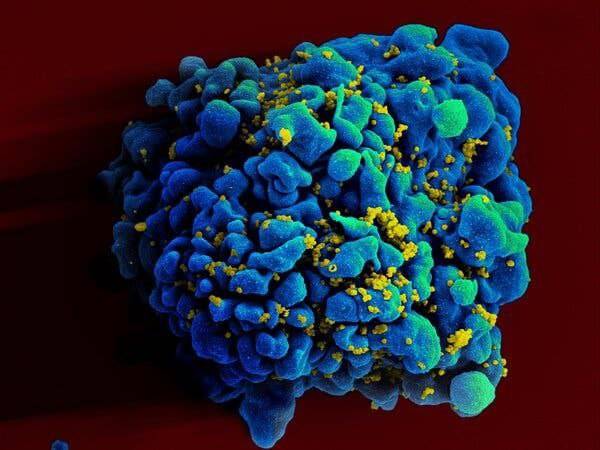The recent breakthrough in removing the HIV virus from infected cells represents a culmination of years of research and innovation in the field of molecular biology. CRISPR, a revolutionary gene-editing tool, has emerged as a game-changer in the quest to combat genetic diseases, including HIV/AIDS.
CRISPR, short for Clustered Regularly Interspaced Short Palindromic Repeats, enables scientists to precisely target and modify specific segments of DNA with unprecedented accuracy. This capability has opened up new avenues for treating genetic disorders by either correcting or eliminating faulty genes.
In the case of HIV/AIDS, researchers have focused on developing CRISPR-based therapies to directly address the virus within infected cells. By targeting key genetic sequences associated with HIV, scientists aim to disrupt the virus's ability to replicate and spread, ultimately leading to its eradication from the body.
The process involves delivering CRISPR components, including guide RNAs and Cas9 proteins, into the cells of individuals living with HIV. Once inside the cells, CRISPR seeks out the viral DNA, cuts it, and either removes it entirely or renders it inactive. This approach offers a potential means of achieving a functional cure for HIV/AIDS, wherein the virus is effectively eliminated or suppressed to undetectable levels without the need for lifelong antiretroviral therapy.
While the concept of using CRISPR to combat HIV/AIDS holds immense promise, several challenges remain to be addressed. Ensuring the safety and specificity of CRISPR-mediated gene editing is paramount, as off-target effects could inadvertently disrupt essential cellular functions or lead to unintended consequences.
Additionally, the development of delivery mechanisms that can efficiently and selectively transport CRISPR components to the target cells poses a logistical hurdle. Researchers are exploring various delivery strategies, including viral vectors, nanoparticles, and lipid-based carriers, to optimize the delivery of CRISPR payloads while minimizing off-target effects and immune responses.
Furthermore, ethical considerations surrounding the use of gene-editing technologies in humans must be carefully evaluated. While the potential benefits of CRISPR-based therapies for HIV/AIDS are significant, concerns about unintended consequences, equity in access to treatment, and the implications of permanent genetic modifications warrant thoughtful deliberation and oversight.
Despite these challenges, the progress achieved in removing HIV from infected cells using CRISPR represents a remarkable advancement in the field of molecular medicine. With continued research, collaboration, and innovation, CRISPR-based therapies may offer new hope for individuals living with HIV/AIDS and pave the way towards a future free from the burden of this devastating disease.




No comments yet
Be the first to share your thoughts!